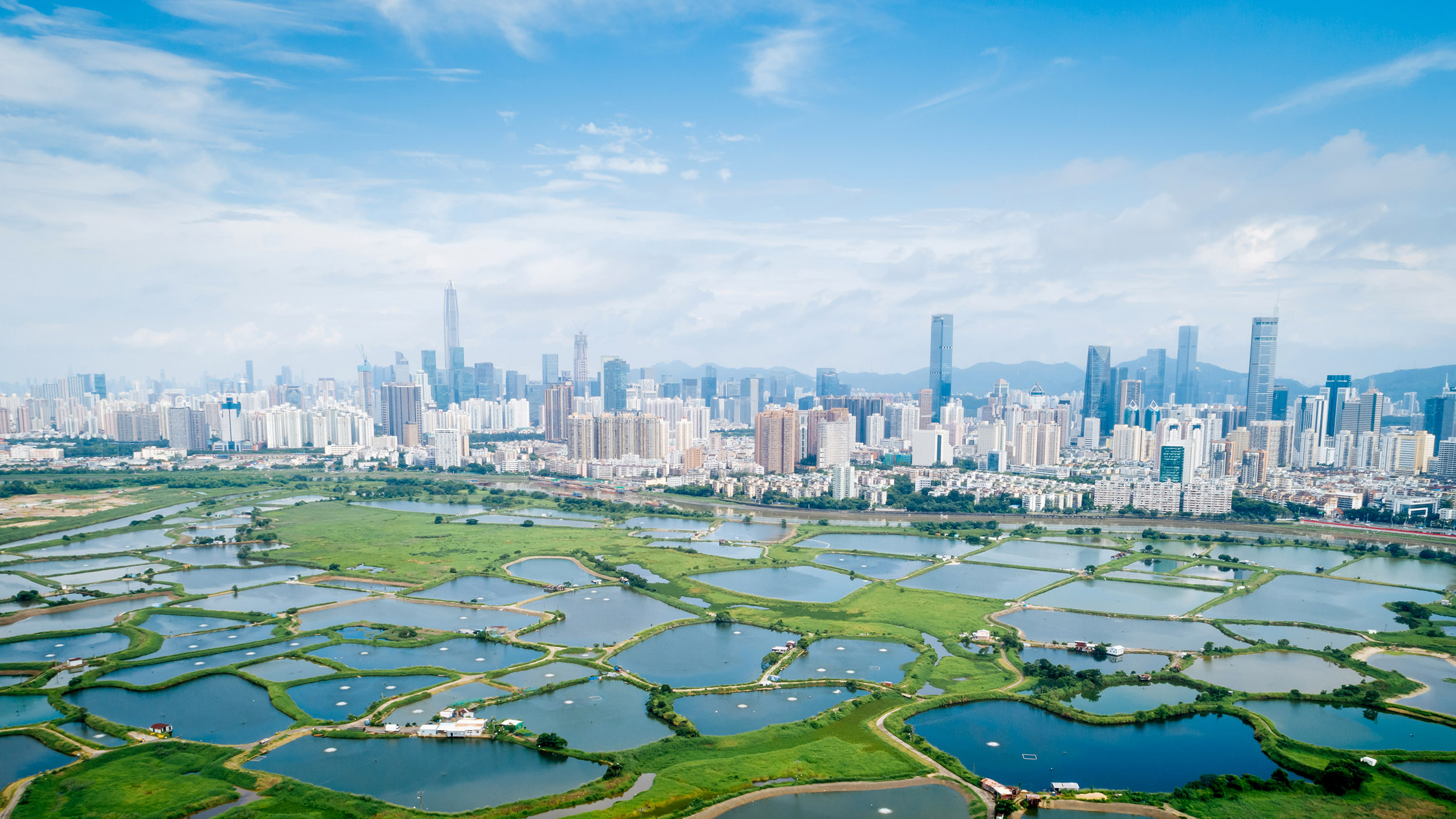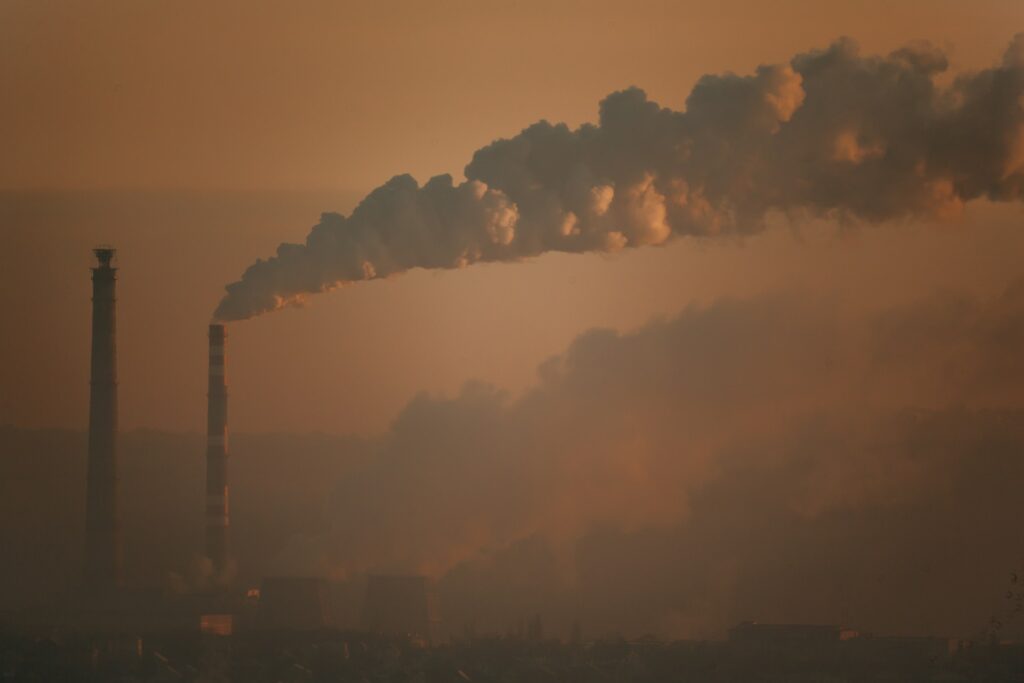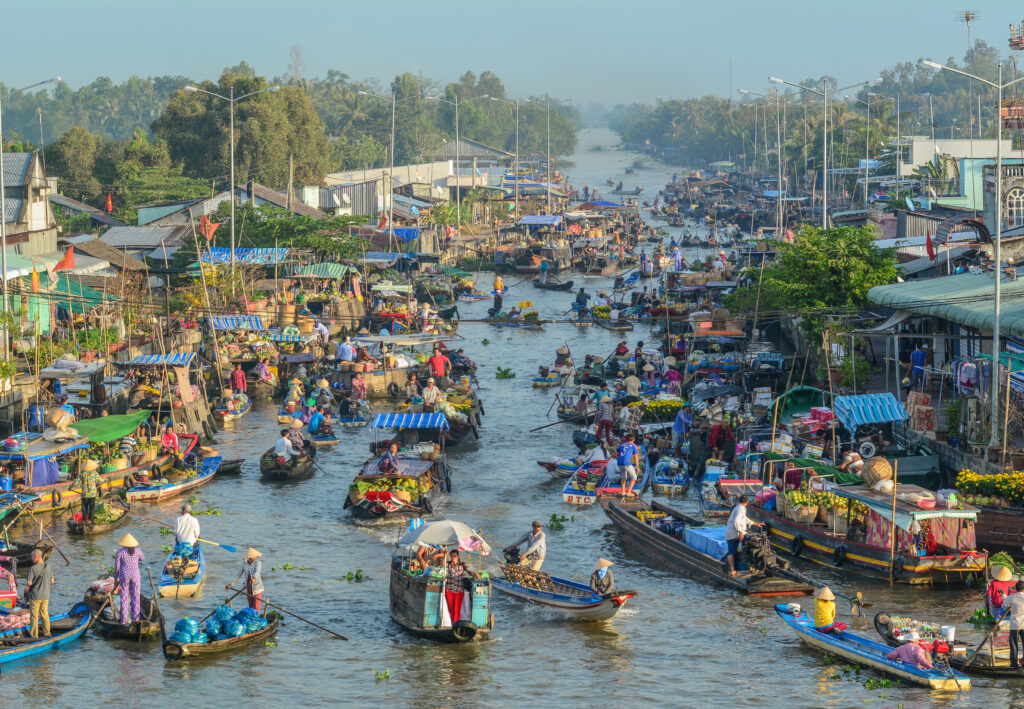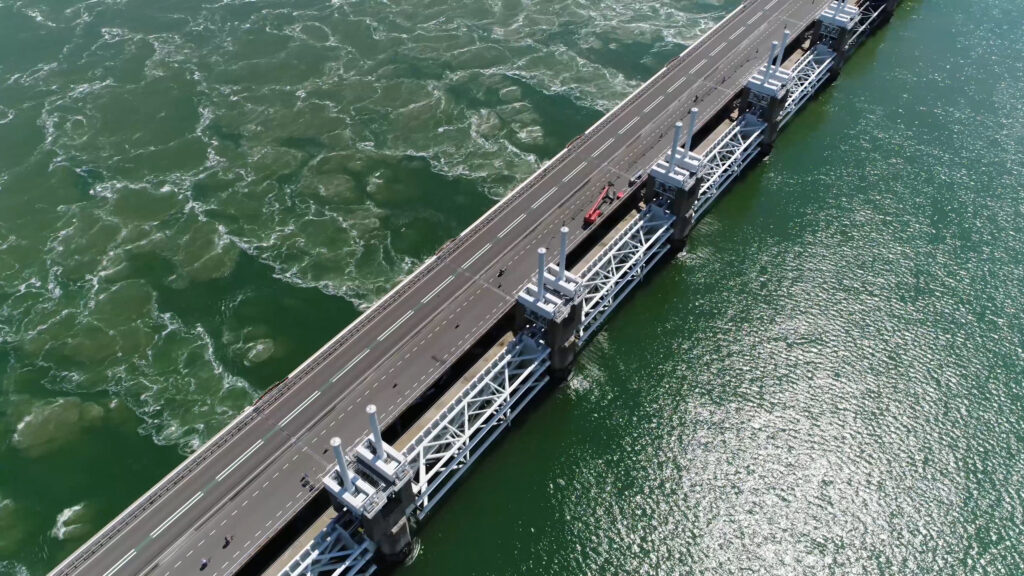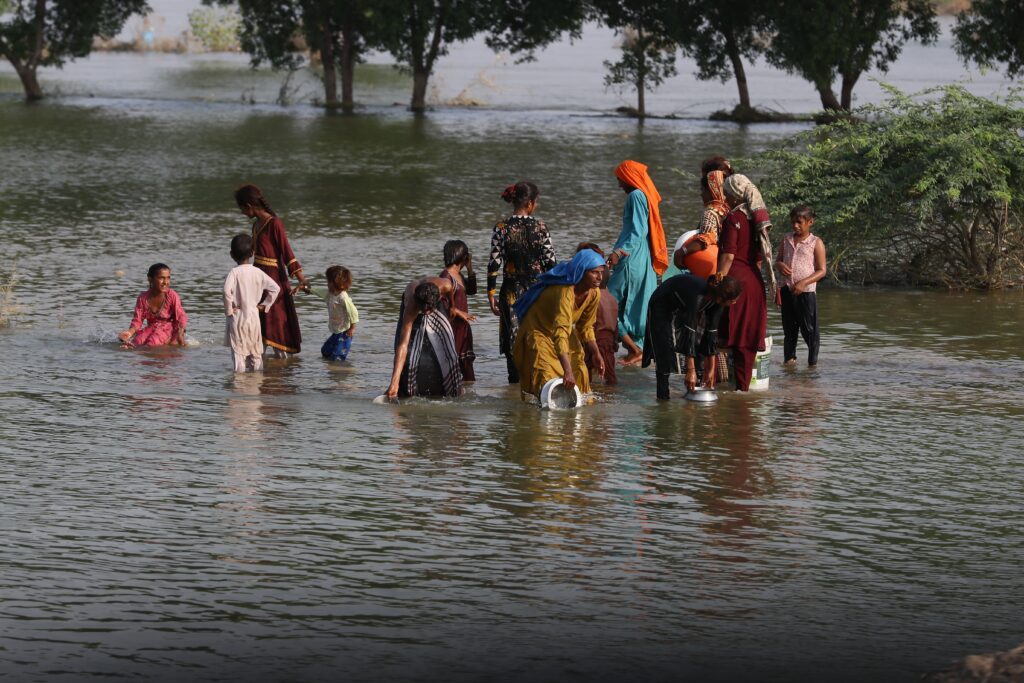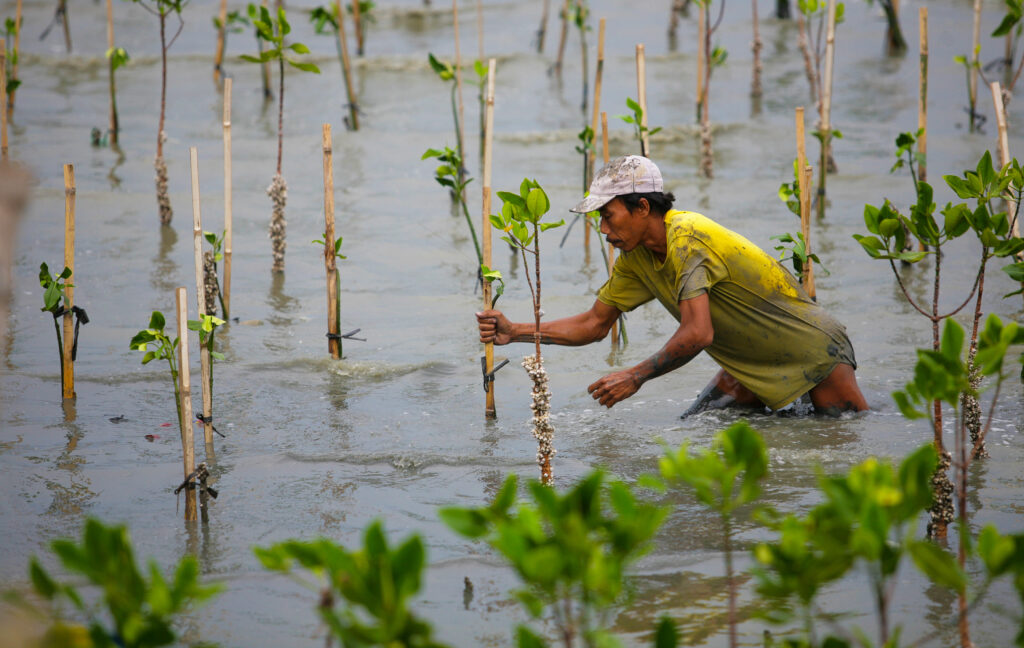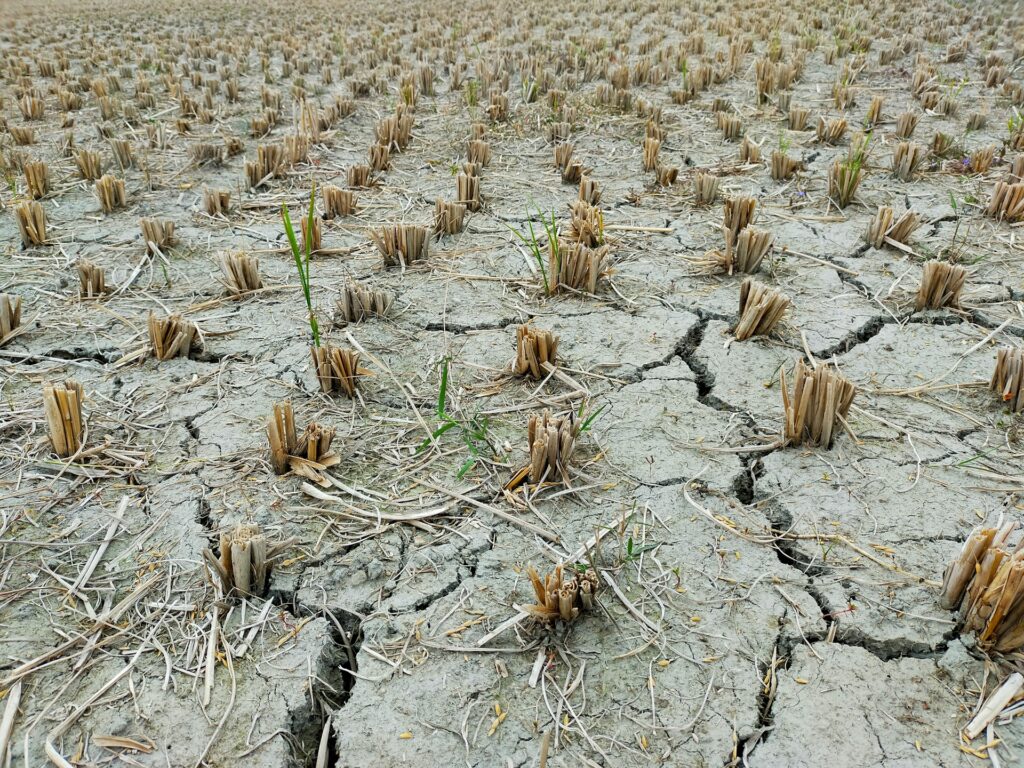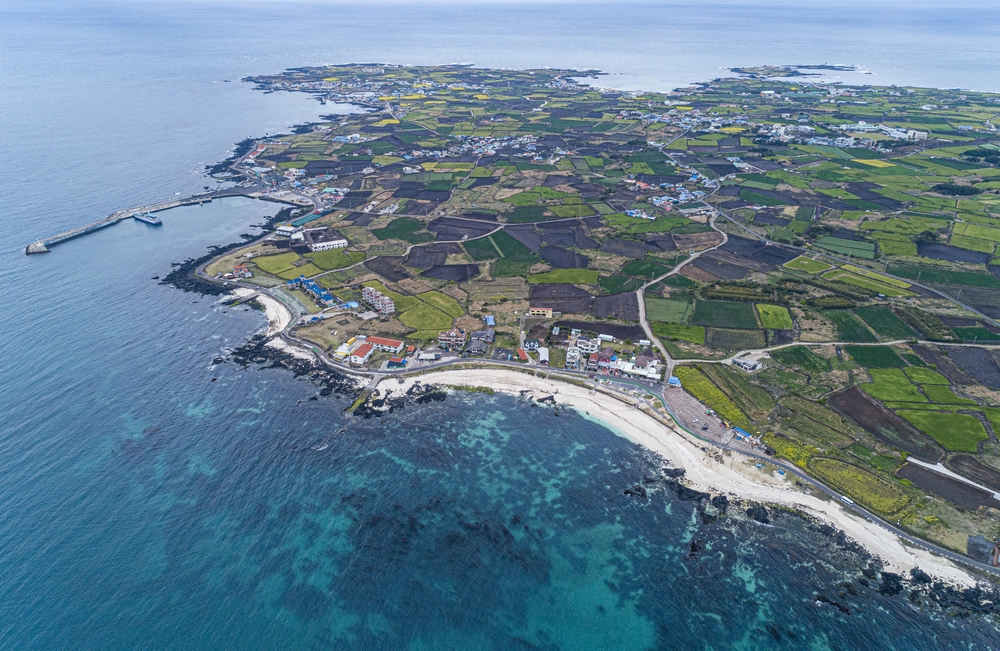What is climate resilience? The world is mobilising to reduce emissions and avert the worst future impacts of global warming. However, some of the consequences of climate change are already unavoidable, and governments and communities must build climate resilience against these impacts. Here, we explain exactly what climate resilience is and the pivotal role it plays in protecting communities now and in the future.
Explaining Climate Resilience
Climate resilience is the capacity of a community or environment to anticipate, prepare, respond and recover from climate impacts after the initial shock. It involves assessing new climate risks and climate hazards and taking steps to better withstand these risks. At its best, strong resilience allows communities and nations not only to recover, but also to “bounce back” from the intensifying impacts of climate change.
Climate Change Adaptation
Climate change adaptation is an integral part of building resilience. Climate adaptation refers to actions that help reduce vulnerability and minimise harm from current or expected impacts of climate change, such as weather extremes, sea-level rise or food and water insecurity. Adaptation solutions can, therefore, include planting trees in urban areas to minimise heat wave impacts, building sea walls and planting climate-resilient crops. Such measures make people, infrastructure and food systems more resilient to current and future climate change impacts.
Why Is Climate Resilience Important?
Around the world, we are witnessing a surging number of catastrophic climate impacts each year. In 2023, many parts of the Northern Hemisphere were struck by severe heat waves, droughts, floods and storms, with disastrous and long-lasting consequences for affected people and communities. Experts warn the world has entered a new era of climate extremes, and that by 2030, 4 billion people will be at risk.
“As current weather events already show, mitigation is not enough,” said UN Climate Change Executive Secretary Patricia Espinosa. “The climate emergency is already here, and people are already suffering. We must get ready, be ready”.
Climate impacts are also disastrous for national and local economies. Over the past decade, direct damages alone from climate disasters are estimated to add up to around USD 1.3 trillion. In some extreme cases, disaster-related economic losses have exceeded 200% of GDP – for example, when Hurricane Maria struck the Caribbean island Dominica in 2017. Consequently, it is vital that the world invests in resilience and adaptation now to minimise future costs and harm.
Building Climate Change Resilience Into Our Warmer World
With the effects of climate change unfolding faster than many communities can adapt to, climate resilience is becoming an increasingly pressing issue. In 2021, UN Chief António Guterres called for 50% of the total share of climate finance to be spent on building resilience and adapting to the effects of a warming world. “Adaptation cannot be the neglected half of the climate equation,” he said, adding that support for adaptation and resilience was “a moral, economic and social imperative”.
At that year’s COP26 in Glasgow, a dedicated resilience hub was established to ensure this vital topic was high on the conference’s agenda. It will take place again at this year’s COP 28 in Dubai, with an emphasis on nine themes, including agriculture, cities, infrastructure and coastal communities.
The hub emphasises that while climate change does not discriminate, its devastating impacts disproportionately affect low-income communities and communities of colour, which often lack the socioeconomic resources to recover. This reinforces the need for equitable planning and resource allocation when building climate resilience.
Climate Resilience in Action
As the impacts of climate change continue to intensify, efforts to build climate resilience will become increasingly urgent. There are already many proven approaches that people, communities and governments can adopt to build resilience and adapt to the changing climate.
Climate-resilient Infrastructure
Building and retrofitting infrastructure to withstand extreme heat, floods and storms and climate resilient development is a crucial part of safeguarding communities and economies in the future. As McKinsey points out, “Infrastructure is the backbone of the global economy, connecting people, enhancing quality of life and promoting health and safety.” Climate resilient infrastructure can involve constructing flood-resistant buildings, elevating homes in flood-prone areas and reinforcing bridges and roads to withstand stronger storms.
Climate-resilient Agriculture
Our food systems are also acutely vulnerable to climatic changes and extreme weather events, which are already impacting global food security and prices. Measures to improve climate resilience include planting drought-resistant crops and practising regenerative agriculture, such as soil conservation. Improving water and use storage can also play a vital role, such as micro-irrigation and rainwater harvesting.
Climate-resilient Communities
Building more robust disaster response and recovery capacities is also a vital measure, such as enhancing early warning systems. According to the World Meteorological Organisation (WMO), the number of climate disasters has increased fivefold over the past five decades. However, thanks to improved early warnings and disaster management, the number of deaths decreased almost threefold – saving many thousands of lives each year.
Future-proofing Resilience
Ultimately, a truly climate-resilient society is a low-carbon and equitable one, highlights the UN. This is because dramatically and rapidly reducing greenhouse gas emissions while empowering communities is the best way to stem the most severe impacts of climate change in the future.
Evelyn Smail
Writer, United Kingdom
Evelyn is a freelance writer and journalist specialising in climate science and policy, the just energy transition and the human impacts of climate change. She writes for independent publications, NGOs and environmental organisations. Evelyn has a background in sustainable development, climate justice and human rights.
Evelyn is a freelance writer and journalist specialising in climate science and policy, the just energy transition and the human impacts of climate change. She writes for independent publications, NGOs and environmental organisations. Evelyn has a background in sustainable development, climate justice and human rights.

